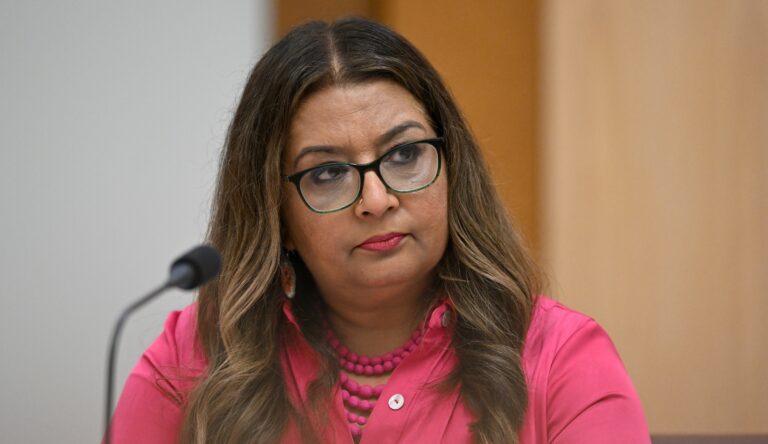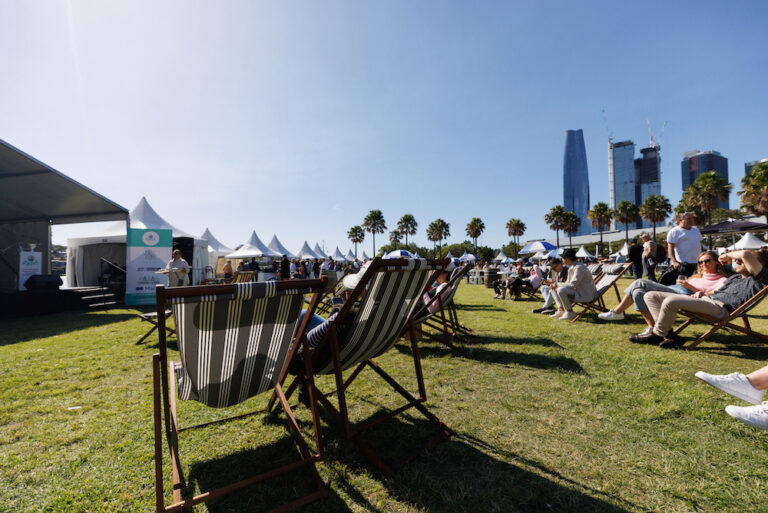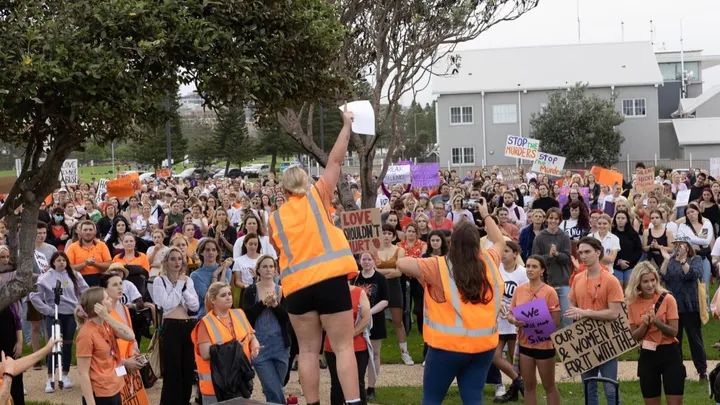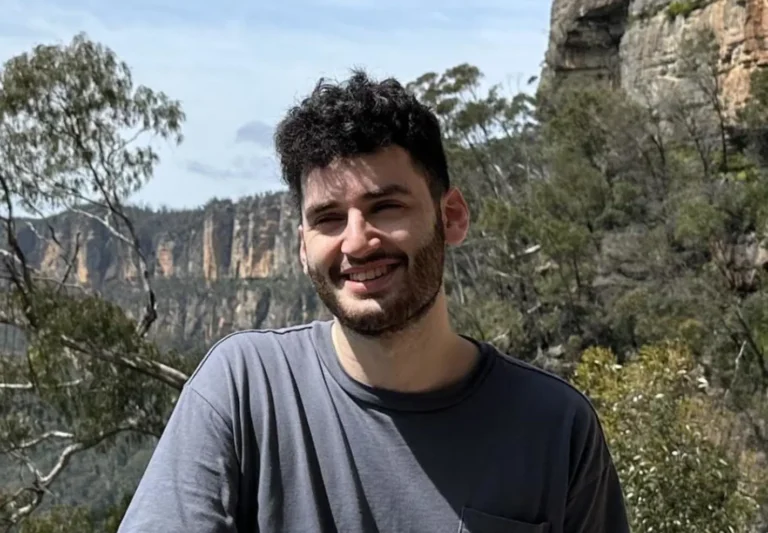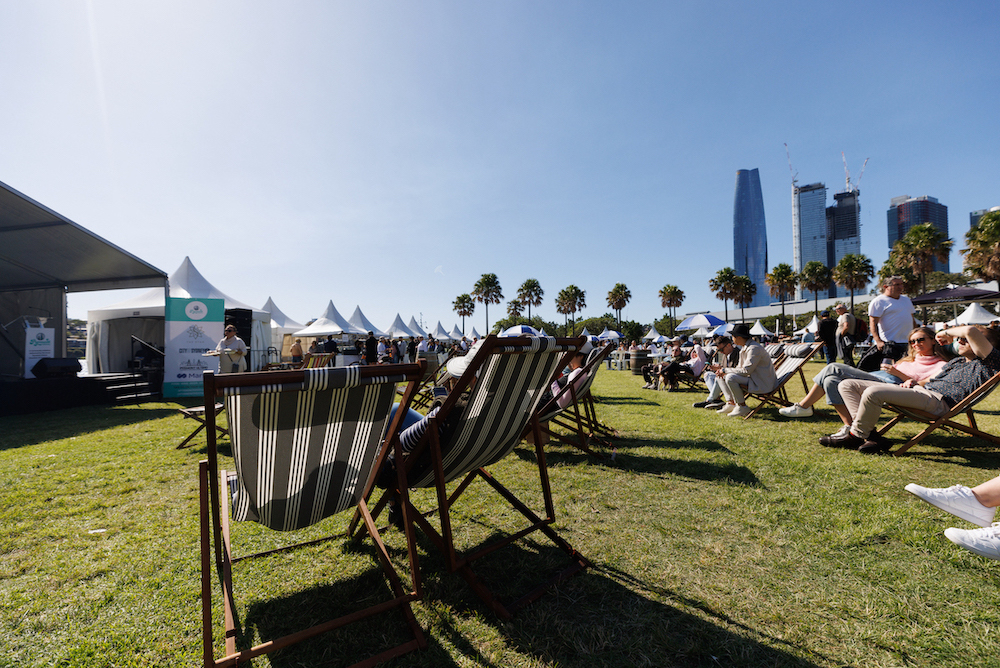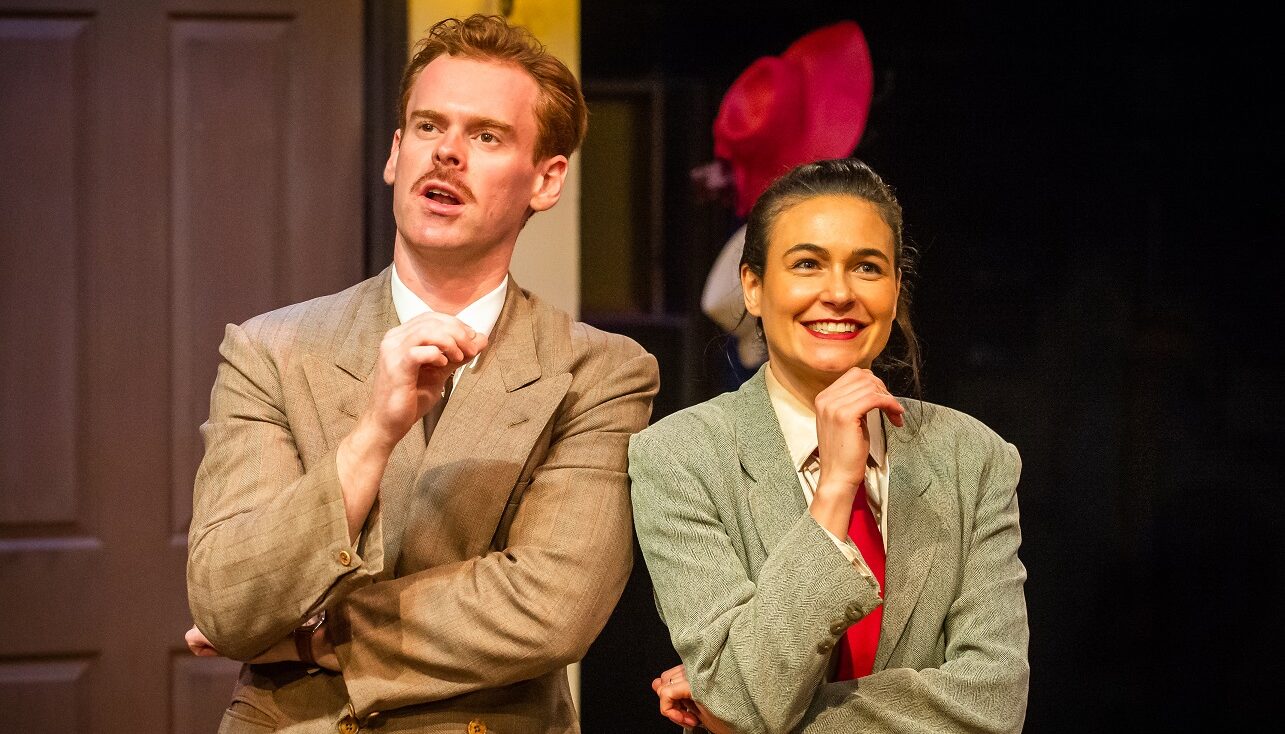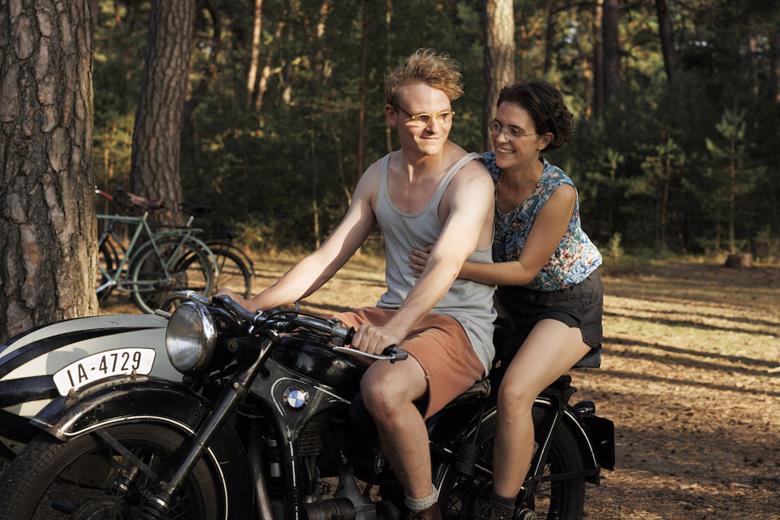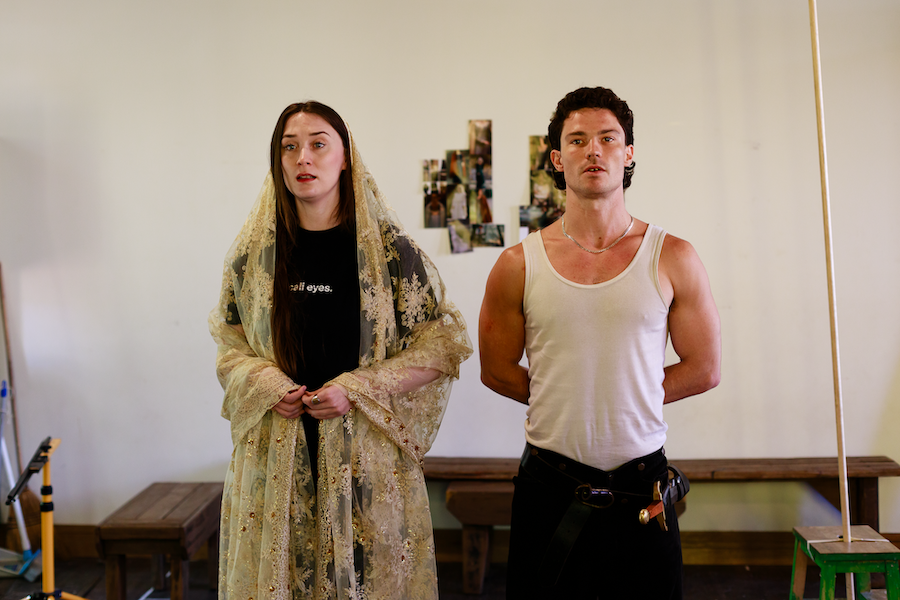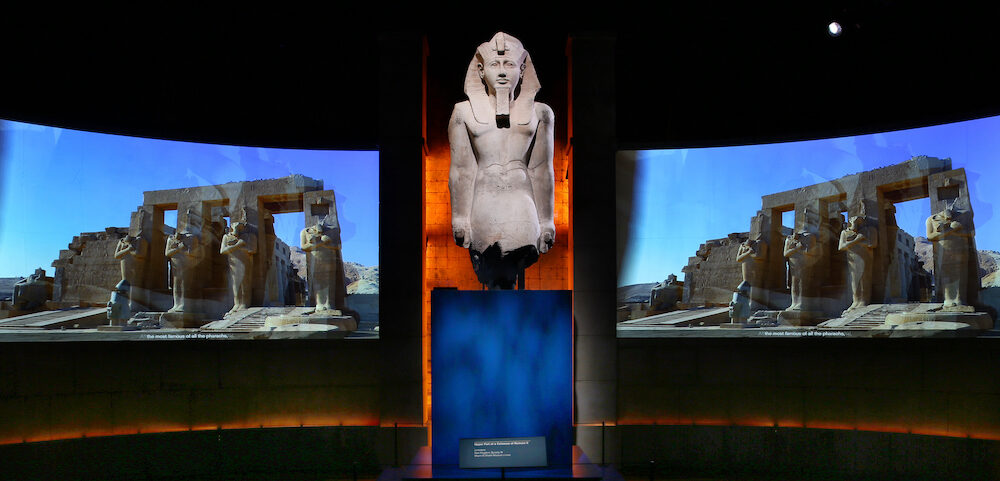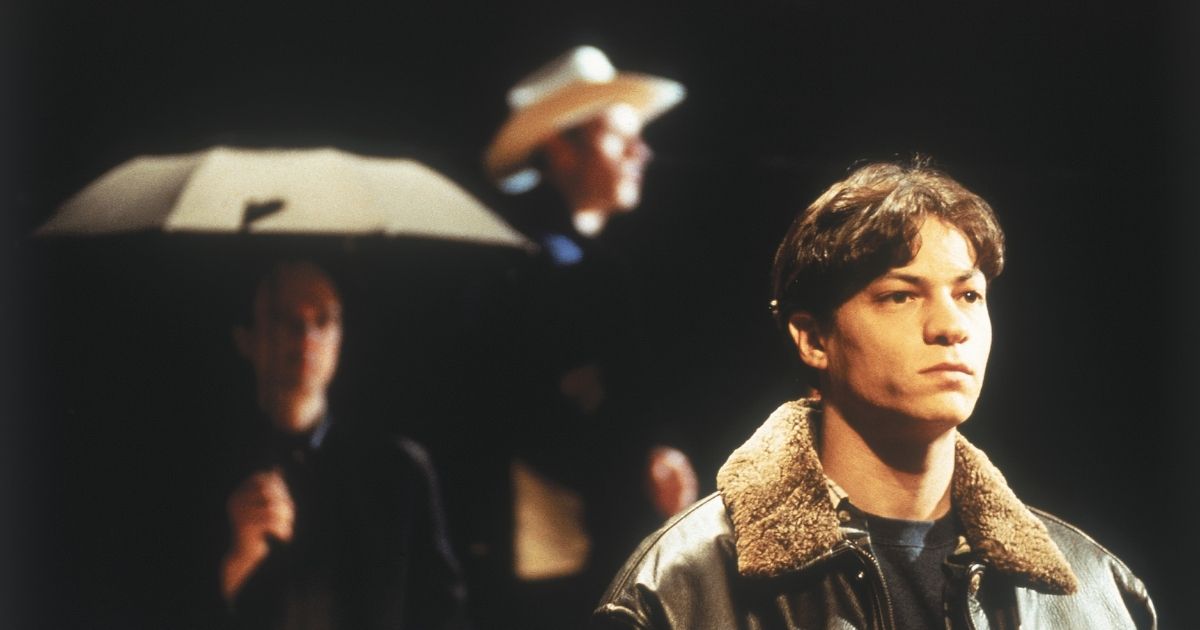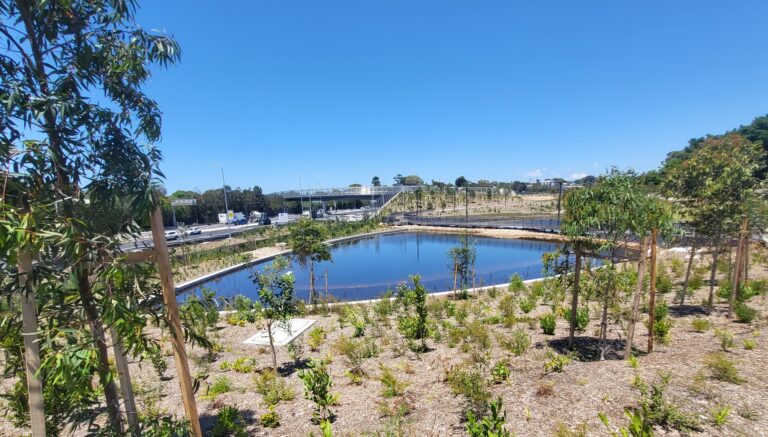
Naked City – LIVE VERSUS LOCKOUT!
Back in the 1980s the Graphic Arts Club in Regent Street Chippendale ran as a largely weekend music venue that often attracted crowds of around five hundred each night. Despite an enthusiastic consumption of alcohol on the part of patrons and gigs that often ended way past midnight, there was almost a complete absence of any argy bargy – either in the club itself or with punters leaving the venue.
There were no heavy-set bouncers on the door or inside patrolling the crowd, no security cameras, almost no ejections and despite the inevitable drunkenness the only person ever to end up in hospital was a member of Adelaide metal band Escape, Tony the Brute who separated the top of his finger whilst setting up some on-stage pyrotechnics.
Meanwhile, just up the road at the Trade Union Club, sometimes referred to as the “bastard son of the Grapho”, the security was of the 120kg-plus, no nonsense, man-mountain variety. Even allowing for the more rambunctious nature of both bands and punters who frequented the ‘Trade’, there were frequent ejections, countless ‘headlocks’ and a litany of somewhat notorious bashings.
As the debate ranges regarding the current lockout laws, and the movement swells to have them overturned, it’s interesting to look back at a bygone time and perhaps some of the lessons that can be learnt. It maybe spurious to compare different eras, but there’s a lot to be said for ‘live’ music, as opposed to DJ culture, when it comes to creating a more sociable environment – chemical stimulants excluded.
Unlike the 80s and 90s there’s almost no live music in the Cross these days and only a couple of venues that cater for bands in the new Golden Mile of Newtown. When live music did thrive in KC, music fans went to the various clubs with a common purpose, to enjoy their favourite band at a prescribed time, wallow in the experience and then invariably bugger off home.
Binge drinking was more confined to the band breaks than the non-stop consumption that occurs at DJ only clubs, where the pace is invariably a lot more frenetic. In the 80s and 90s patrons at venues such as the legendary Kardomah Café could even step outside with a passout to grab a cup of coffee or a delicious snack at the Yummy Yummy food bar.
The current 1.30am lockout ban has been flagged for another year, but perhaps once that has expired, it might be time to experiment. Venues that feature a large component of live music could be given extended licences and encouraged to employ a more punter friendly style of door enforcer, as opposed to an army of steroid-fuelled blockheads. Three or four bands could play throughout the evening with the venue encouraged to turn over the house rather than keep punters drinking for hours. DJs would no doubt object, claiming that it’s not the music that creates aggression or anti-social behaviour.
Maybe it’s not, but you would have to argue that predominantly live music venues around town – like the Metro, Oxford Art Factory, the Basement and Newtown Social Club – encounter and generate a lot less potentially violent patrons than their dance club counterparts. Given that most of the violence occurs in the streets, you could also argue that there lies the problem, not in the venues themselves. But given the current stalemate between the club/DJ lobby v the police and casualty departments, surely any kind of cultural change is worth a punt.
